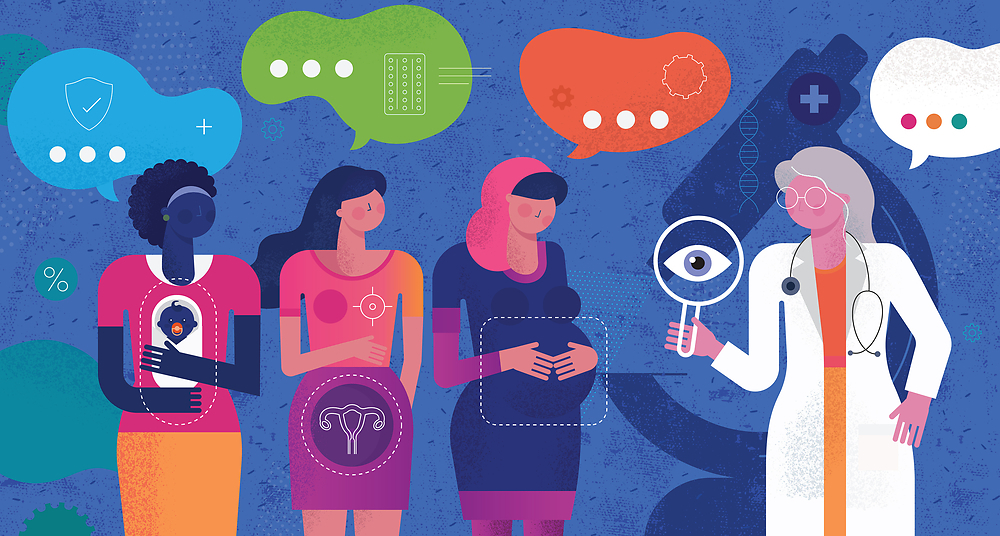September 04, 2024 | News | Special Issue
"Pandemic Babies: The Covid-19 Pandemic and its Impact on Fertility and Family Dynamics" published

© iStockphoto.com / DrAfter123
In 2021, in the midst of the pandemic, a team from the Max Planck Institute for Demographic Research (MPIDR) organized a conference on "Pandemic Babies? The Covid-19 pandemic and its impact on fertility and family dynamics". At that time, it was already clear that the Covid-19 pandemic would have a global impact on childbearing and family processes. Early studies showed changes in couples' fertility plans, documented changes in the division of household labor, or predicted fertility declines in high-income countries based on now-casting methods. However, the impact of the pandemic on fertility, partnerships, and family dynamics evolved rapidly and remained the subject of much speculation.
The conference brought together more than 100 international researchers to discuss their research on the impact and consequences of the pandemic on families and fertility.
The special issue of Population and Development Review, "Pandemic Babies: The Covid-19 Pandemic and Its Impact on Fertility and Family Dynamics" has now been published. The special issue was co-funded by the Max Planck Institute for Demographic Research and the Population Council and is based on the results of the 2021 conference. All papers are open access.
Special Issue
Population and Development Review: Volume 50, Issue S1
Pandemic Babies: The Covid‐19 Pandemic and Its Impact on Fertility and Family Dynamics Pages: 1-446 July 2024
Issue Edited by: Natalie Nitsche, Joshua Wilde, Mikko Myrskylä